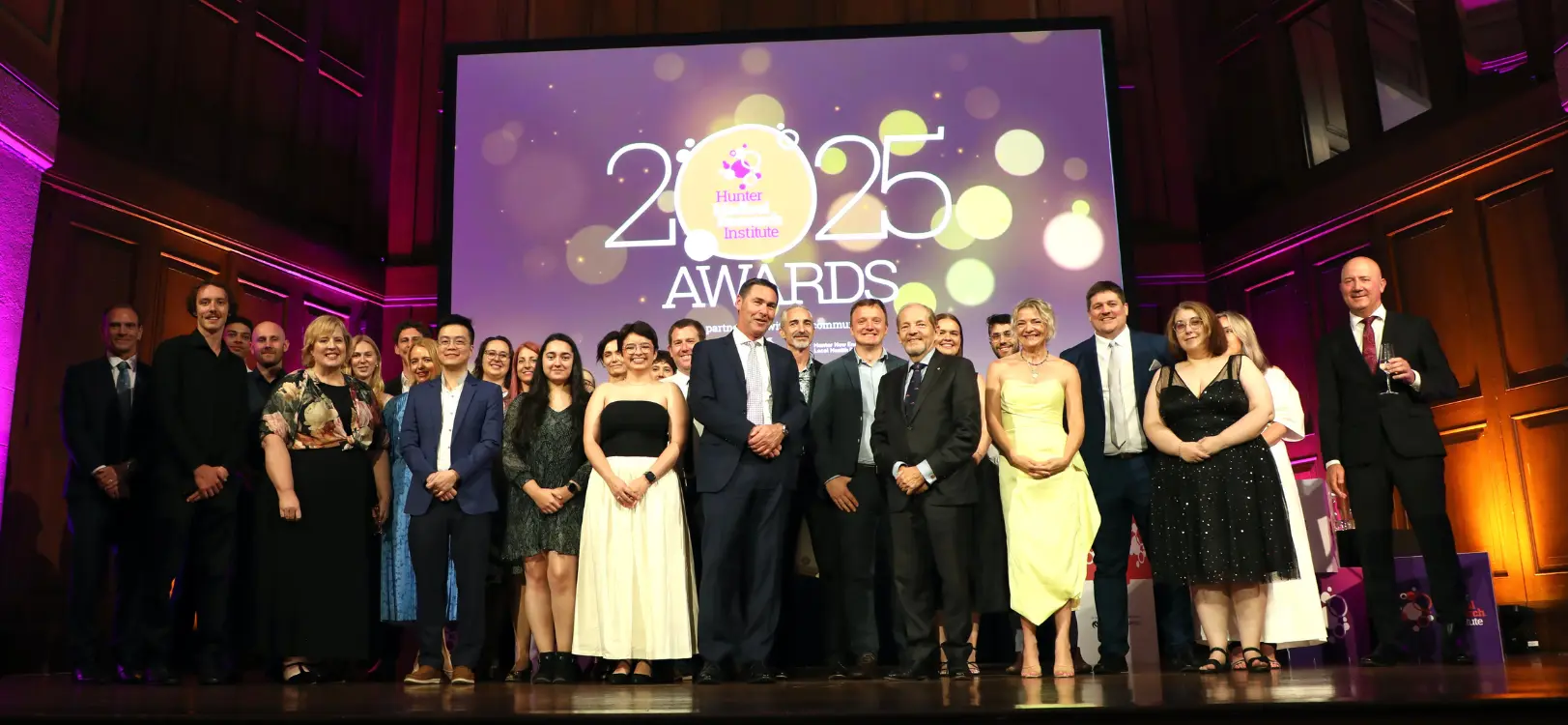Laureate Professor Rodney Scott obtained his PhD in Western Australia and then took a position in Houston, Texas where he developed his interest in the genetic basis of disease.
After a few years, he accepted a position in Switzerland where he established a centre for identifying genetic predisposition to cancer. During this time, he obtained his DSc in genetics due to his significant contribution to the genetics of colorectal cancer.
In 1997, he was attracted to Newcastle, where he furthered his interests in the genetic basis of common cancers and established one of Australia’s largest cancer genetics testing centres.
Through his work, he has contributed significantly to our understanding of the genetic basis of malignancy and continues to work in this field.








